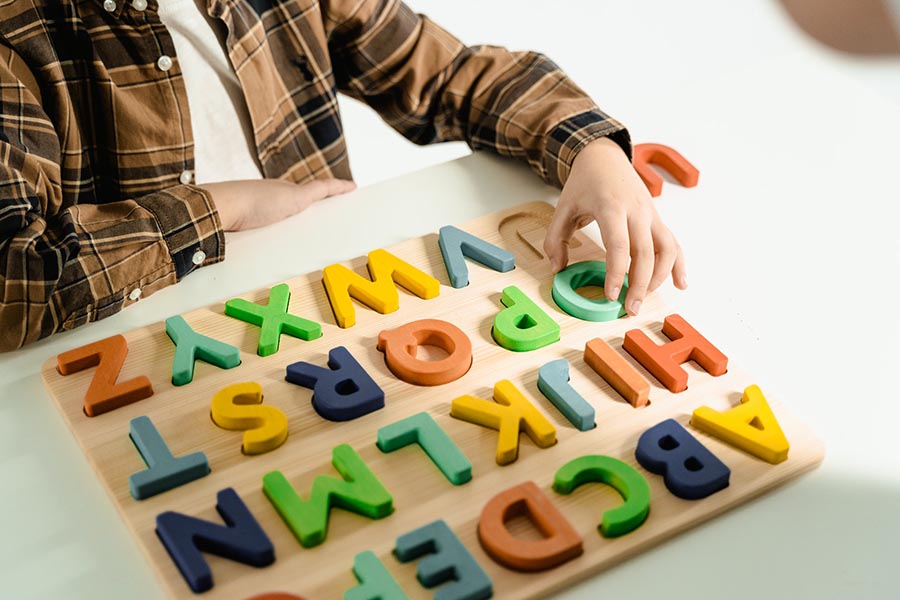Augmentative and Alternative Communication

Augmentative and alternative communication defines ways other than speaking that improves a person's way of communicating.
AAC
Augmentative and Alternative Communication is typically known by its acronym, AAC.
- Augmentation is another word for improving.
- Alternative is another word for other.
- Communication is the exchange of information.
A Multicomponent System
Augmentative and Alternative Communication is a system that utilizes multiple components to support communication when individuals need to compensate temporarily or permanently due to difficulties with or in the absence of speech and/or language skills.
Augmentative and Alternative Communication includes symbols, gestures/signs, speech generating devices and other tools.
Types of Tools
Low-Tech
- Gestures.
- Manual signs.
- Picture symbols.
- Communication boards.
High-Tech
- Speech generating devices (a device dedicated to communication that uses voice output to speak messages.)
- Tablets with a communication app.
- Access to computers or other technology.
Who Benefits?
Both children and adults use Augmentative and Alternative Communication. These tools and strategies can help an individual actively participate in their daily routine or become an independent communicator.
Augmentative and Alternative Communication specifically benefits individuals who:
- are unable to speak.
- speak but are difficult to understand.
- only use single words to communicate messages but should be using phrases or sentences.
This can include individuals with the following medical diagnoses:
- Dysarthria.
- Apraxia.
- Expressive Language Disorder.
- Cerebral Palsy.
- Down syndrome.
- Autism.
- Developmental Delay.
- Aphasia.
- Traumatic Brain Injury.
- Anoxic Brain Injury.
- Amyotrophic Lateral Sclerosis.
- Spinal Muscular Atrophy.
Available Services
Augmentative and Alternative Communication evaluations are used to assess communication needs and identify an effective and efficient means of communication using low-tech or high-tech tools.
Training is helpful for patients and caregivers on implementation of low-tech and high-tech tools once they are recommended and received.
Evaluations are available to identify technology that can help individuals independently access a computer and/or phone for other methods of communication, such as e-mailing or texting. These tools may also be utilized to control smart devices in the home (e.g., tv, lights, doors, etc.).
The RiteCare Clinic offers an Augmentative and Alternative Communication Preschool that uses a total communication approach, including manual signs, pictures, speech and low-tech and high-tech Augmentative and Alternative Communication, to help children aged 2 to pre-K increase their expressive communication.
Augmentative and Alternative Communication specialists also provide educationally related AAC services for Omaha Public Schools to ensure children have an effective mode of communication to maximize learning.